Nigeria is an interesting destination to explore from a cultural standpoint. It is a melting pot of numerous customs and traditions from many ethnic groups and religions. Keep reading for some local etiquette for when you want to visit.
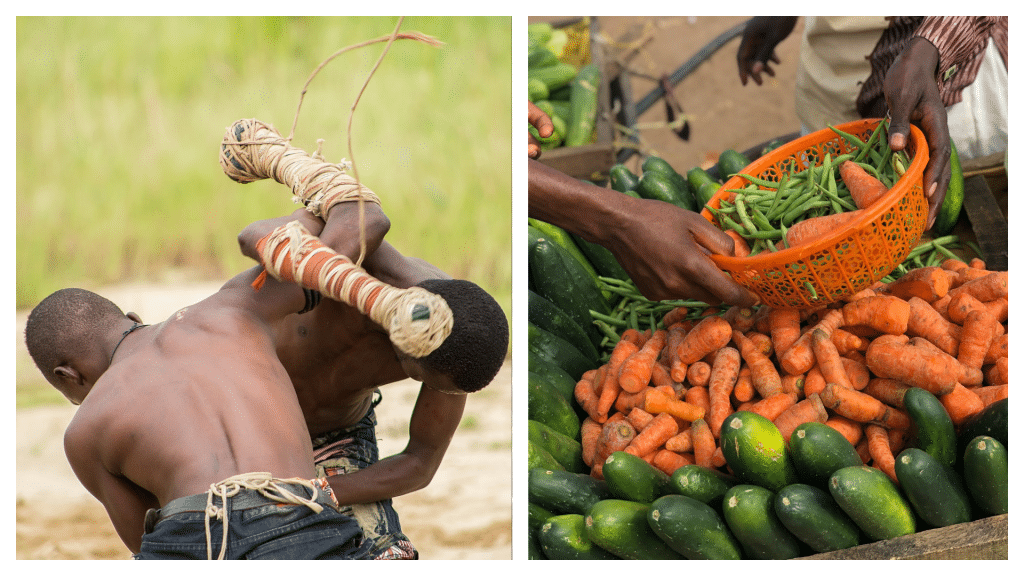
In Nigeria, you can see stunning mosques, pay homage to ancient goddesses from local ethnic groups, and participate in lively festivals honouring everything from customs to life milestones.
However, as a traveller, you must respect traditions and customs that differ from yours because you risk inadvertently offending someone if you are unfamiliar with your destination’s customs.
On this note, we’ve listed some Nigerian local etiquette 101 and some customs to embrace for an enjoyable trip to Nigeria. Keep reading!
10. Nigerian local languages – diverse languages and dialects
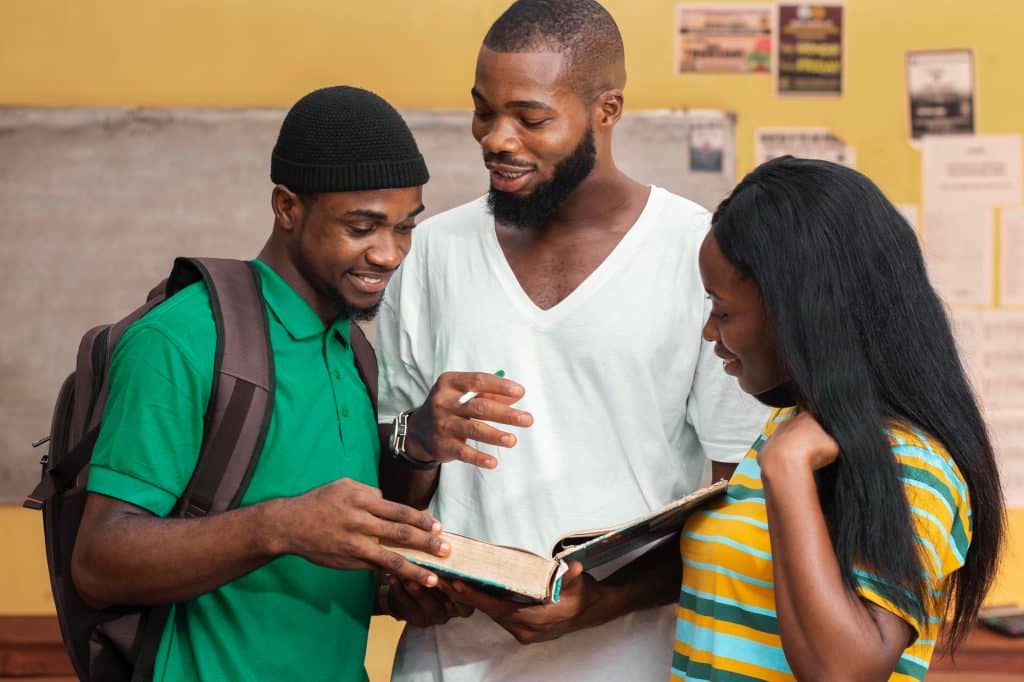
Despite being the official language of Nigeria, English is less prevalent in rural areas where you may hear other national languages like Hausa, Igbo, and Yoruba.
One of the most extensively spoken languages in Africa is Hausa, which is also spoken in other African nations, including Ghana and Niger. So, for an enjoyable stay in the country, it will help if you acquaint yourself with some of these local languages.
9. Salutations – respect and morals

It is a custom that has the most effect in Nigeria. Saying “hello” and shaking someone’s hand while grinning is the standard way of greeting most people in Nigeria.
Please don’t rush the greeting; it’s crucial to take the time to express your gratitude and gladness when meeting them. Some locals may also extend a greeting by putting their hand on your shoulder.
It is important to note that some devout Muslims do not shake hands with women. Furthermore, remember to always bow your head respectfully when extending a warm greeting to senior citizens.
8. Speak respectfully – respect is reciprocal

It is important to address people adequately. Avoid addressing people by their first name or nickname, especially when meeting them for the first time.
Use their academic, professional, or honorific title together with their last name. You can call them by their first name when you’ve gotten to know them personally and if they permit it.
7. Nigerian religion – different religions observed

A wide variety of religions are practised extensively across the nation. Nigeria is divided mainly along religious lines; the north is predominantly Muslim, while the south is predominantly Christian.
Numerous minority ethnic groups continue to follow their native religions, in addition to Islam and Christianity, which are the two most popular religions in the nation. Unless otherwise noted, most of the churches and mosques in the nation are open to visitors.
Visitors can also visit certain revered indigenous places significant to ethnic groups, such as the Osun-Osogbo Sacred Grove.
6. Holidays and festivals – celebrations that will keep you mused
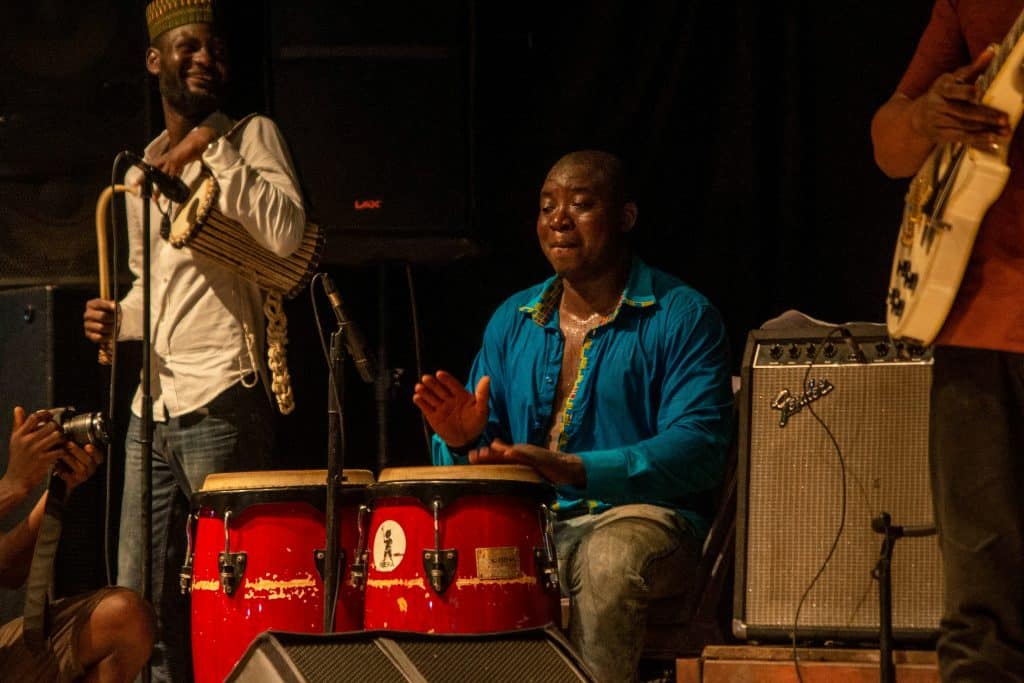
Here is another mention on our list of Nigerian local etiquette 101. All year, some festivals and celebrations honour the various parts of Nigerian culture with traditional food, dancing, music, and costumes.
Specific dates across the country are also declared as holidays or compulsory seat-at-home days, so it is important that you familiarise yourself with these dates and corporate. We recommend you make friends with some locals to keep you up-to-date when you visit.
5. Nigerian dining etiquette- dining styles are a must-learn

Nigerian cuisine combines the ingredients and cooking customs of its numerous ethnic groups to create a tasty, frequently fiery, and intensely flavoured melting pot.
If you feel ambitious, you can also try hunting bushmeats like porcupine and cane rats to accompany traditional meals like jollof rice, fufu, and Tuwo Shinkafa. However, you should know a few eating etiquette rules before indulging in Nigeria’s varied and delicious cuisine.
When dining with Nigerian families, don’t start eating until the group’s eldest member has taken a seat and begun. Typically, men, women, and kids eat at distinct tables.
Wash your hands before and after meals. Use your right hand when picking up food; never use your left.
4. Dress accordingly – dress codes for different occasions

Dressing appropriately is crucial in some parts of the country. For your own comfort, Pack breezy, light clothes that will keep you cool during the day, such as dresses, skirts, shirts, and caps.
When visiting areas of the nation where Muslims predominate, you should dress appropriately and modestly. Cover your legs, shoulders, and chest.
Women might additionally want to cover their heads with a headscarf or other items. These are customs you should always pay attention to.
3. Familiarise yourself with Nigerian sports – every sport lovers delight
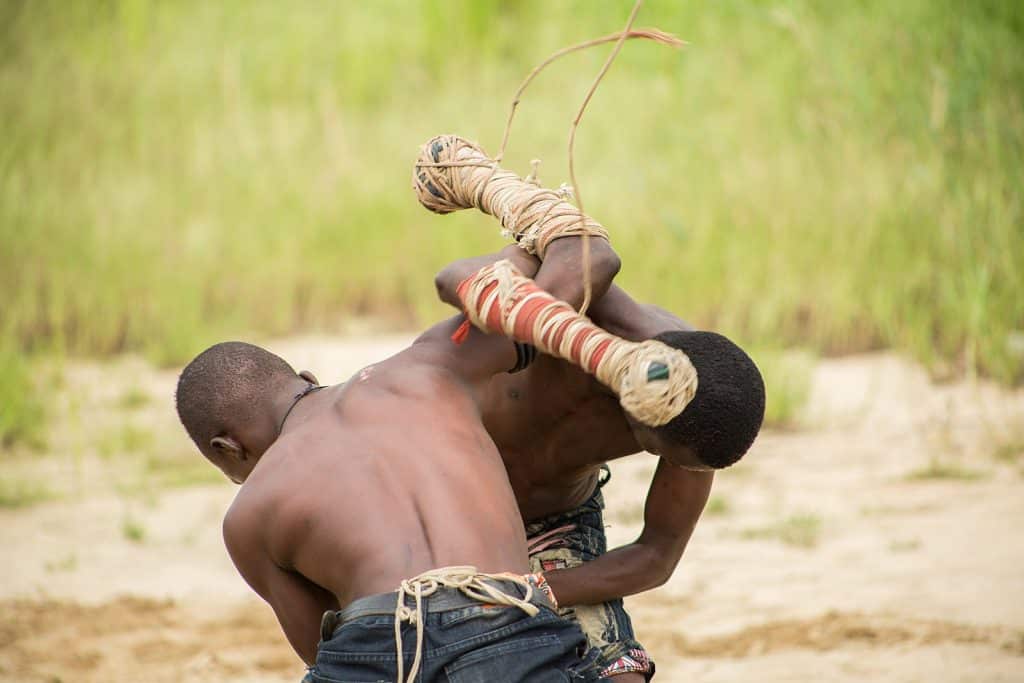
The most popular sports in Nigeria are football, basketball, and track and field activities like running.
Martial arts are also commonly practised. These include native indigenous forms like Dambe, a traditional martial art from the Hausa ethnic group, and international forms like Tae kwon do.
2. Learn how to bargain – for when you go shopping

In Nigerian society, haggling is a long-standing custom that you’ll probably experience when you go shopping or explore local marketplaces. Learning how to bargain will help you escape from exceeding your budget and going broke.
For some reason, locals tend to increase the prices of goods when they see a foreigner, so be careful. Better still, make friends with some Nigerians who can accompany you or help you go shopping.
Large, local markets are an excellent area to negotiate; chain stores are the exception to this rule.
1. General happenings in Nigeria – some typical Nigerian behaviours
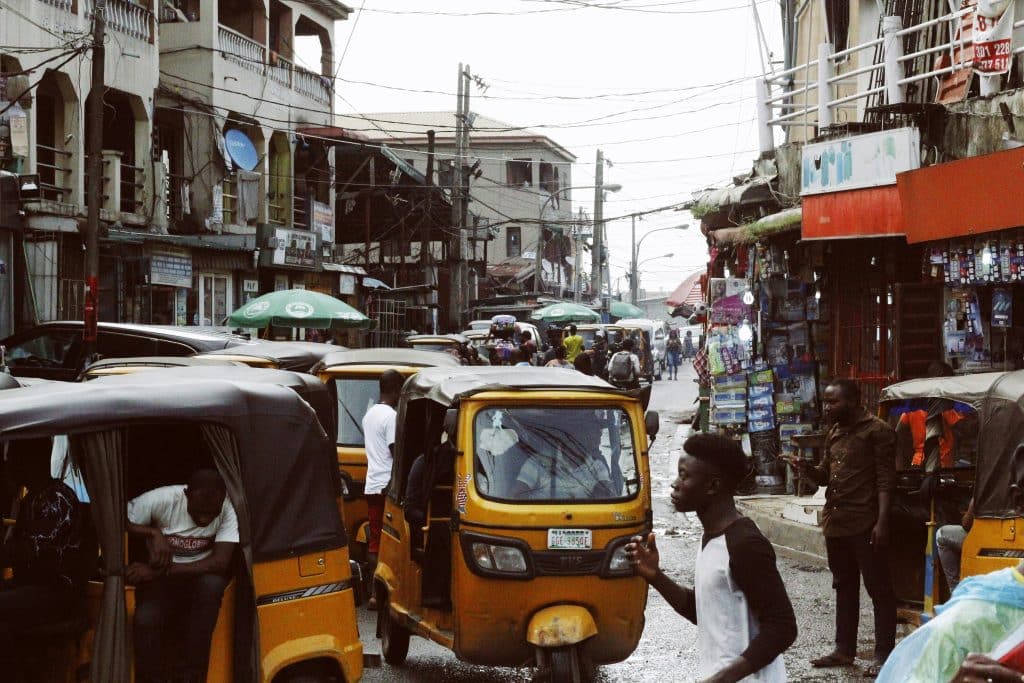
If you are Caucasian or have lighter skin, you may hear people yelling “oyinbo” as you pass through the market or other busy areas. The phrase is frequently used charmingly and isn’t meant to disrespect or disparage someone’s skin tone.
Nigerians are outspoken and might sometimes come off as rude or uncouth, especially in rural cities, so be aware. Personal space is utterly nonexistent in Nigerian markets and other busy places.
Also, if you intend to move around by bus when you visit, especially in Lagos City, get ready to jump on moving buses. To avoid this, we recommend you book rides or hire a cab to take you around.

